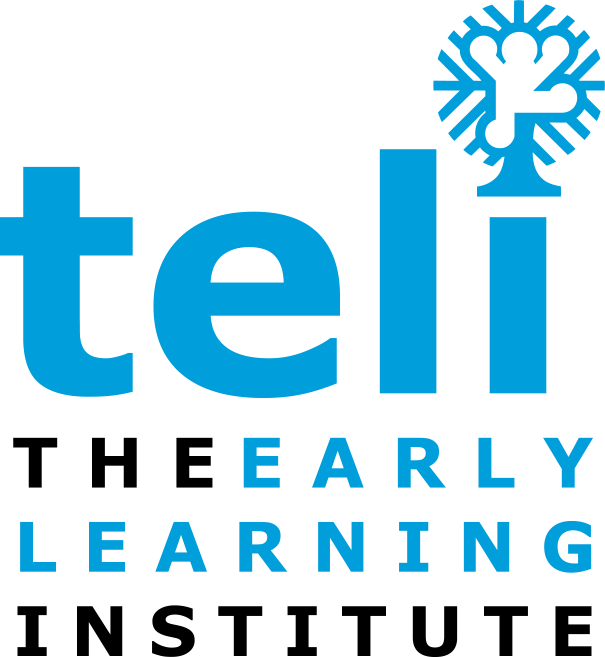Child Developmental Milestone: Communication Skills – What should I be looking for and when?
 teli’s Developmental Specialist, Kelley Filson provides Early Intervention support to numerous children to help them achieve important communication developmental milestones. “Our first step is assessing a child’s basic communication skills versus age based developmental milestones. In this way we understand where the child is and identify a plan to help them if needed,” notes Kelley.
teli’s Developmental Specialist, Kelley Filson provides Early Intervention support to numerous children to help them achieve important communication developmental milestones. “Our first step is assessing a child’s basic communication skills versus age based developmental milestones. In this way we understand where the child is and identify a plan to help them if needed,” notes Kelley.
As part of delivering Early Intervention support, Kelley works with the parents to offer them activities to reinforce the therapy she provides in the home. “Parents play a very important role in their child’s therapy as they can incorporate fun communication activities into their daily routine. The more they practice the better for their child,” Kelley explains.
In what ways should my child be communicating and when?
Communication begins at birth and evolves as a child begins to express themselves whether it is crying to signal hunger or the need for comfort or as a reaction to the sound of their mother’s voice. As they grow, babies begin to sort out the speech sounds that compose the words of their native language. While each child’s development may be unique, they follow a natural progression or timetable for mastering the skills of language. Some examples of skills to look for in your child by the age of 15 months include:
- Follows a few simple requests or commands (“come here”, “sit down” for example)
- Vocalizes or gestures to get your attention or keep your attention
- Babbles using lots of different sounds and tones of voice
- Begins to say their first word like “mama” or “dada”
Why are early communication skills so important?
“Communication skills are foundational to a child’s ability to engage with others and their environment,” explains Kelley. “We all need to be able to convey a message to get what we want as well as build a social relationship through speech.” Without the ability to speak, a child may express their frustration in negative behavioral ways versus finding the right words to be understood. Additionally, without communication skills a child may be unable to insure the development of healthy social interactions and feel isolated from others.
How can I help my child to develop their communication skills?
In working with several families, Kelley has identified some very natural and easy activities to include in your child’s day to reinforce Early Intervention support at home.
- Pairing a statement or word with an activity – When child’s cup or bottle is empty, take advantage of the refill to introduce a new word or phrase. Begin with your child seated close to you with a small amount of liquid in the cup. When they are done and begin to cry or throw the cup, help them hand it to you and immediately pair it with the word or phrase – “Bobby – drink”. Repeat this to help them practice the word and the association with the activity.
- Sounds through imitation – Sit in front of a mirror and make silly faces and their associated sounds. For example, a “OHH” with a rounded mouth and an ” BEEE” sound with your lips pursed. You can make other sound combinations such as “MAMAMA” and “DADDA”. Pause and encourage your child will attempt to imitate you.
- Responding to a command – Identify a command that can be added to an action that a caregiver may do for the child such as tossing a napkin into the garbage after a snack, – “Throw the napkin here” or putting dirty clothes in the hamper before/after bath.-“Toss it into the dirty clothes” .The goal is independence but first the child will need you to model the behavior with the command and may need hand over hand demonstration with the caregiver.
Early Intervention Services can help your child achieve the developmental milestones to enable them to reach their full potential. If you have questions, call teli at 412-922-8322.


